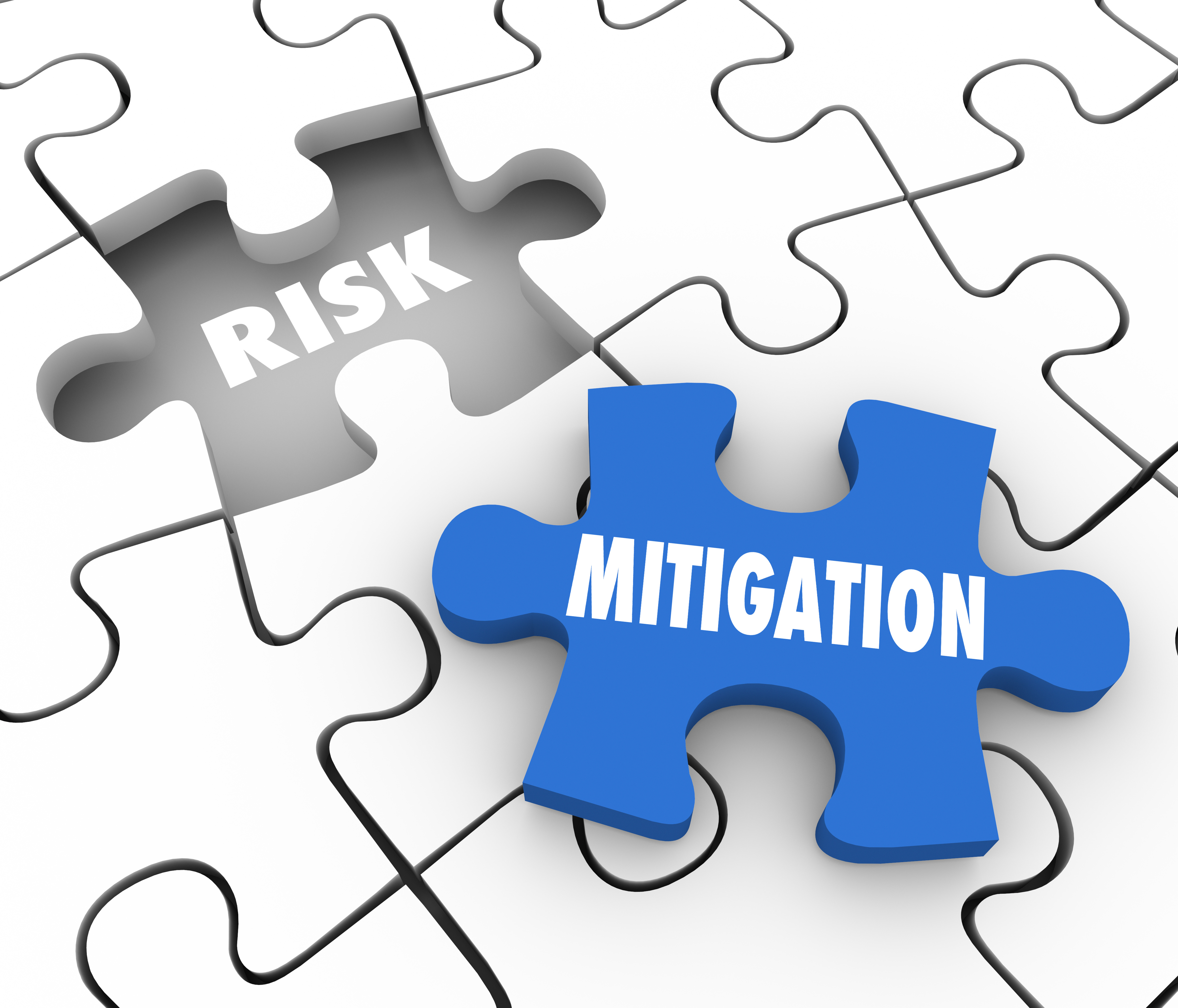9 Tips to improve Business Environmental Scanning and Regulatory Compliance
.svg)



9 Tips to improve Business Environmental Scanning and Regulatory Compliance
Business Environmental Scanning & Regulatory Compliance
Management team constantly in reactive mode
Many organisations fail to proactively monitor the ever changing competitive, political and regulatory landscape. Instead they tend to reactively respond to developments. Smart organisations invest and dedicate resources to look at likely developments to support forward and contingency planning needs.
Focus is on daily operational fire-fighting rather than focused on long term strategic and tactical change required
Many organisations become so deeply embroiled in the day to day operational fire-fighting that they rarely have the spare capacity, time, effort and energy to devote to effective long term strategic and tactical planning. Smart organisations recognise and reprioritise the importance of the long term planning needs of the business.
Unmitigated risks materialise as issues
Failure to conduct frequent long term planning reviews in conjunction with risk management reviews will result in risks materialising as issues without mitigation plans or resolution plans in place. Long term planning and a schedule of regular reviews is needed to assess the impact of new developments and the need to refine and adapt the plans and take the corrective action required.
Organisation constantly struggling with ambiguity, complexity and uncertainty challenges
Organisations are constantly struggling with ambiguity, complexity and uncertainty challenges. The larger the organisation and the more diverse its products, services, markets, geographies, lines of business, functions and technologies deployed the more difficult it becomes to plan, run, manage and change an operation. In addition, the breadth of complexity also results in a higher volume of risk variables to consider and as a result more uncertainty to try to plan around. Hence the reason why business environmental scanning is important in order to develop as robust a long term plan as possible by trying to take account of the breadth of complexity, and the likelihood and impacts of risks in order to address the ambiguities. Smart organisations work through the complexity and the inherent difficulties to develop as robust a long range plan as possible,
Competitive Monitoring
Proactive monitoring of the competition allows the organisation to gain an understanding of their weaknesses. These can and should be exploited in the way the organisation position its strengths to prospective customers relative to the competition. This is not about knocking the competition, it is instead about knowing how best to position your organisation and its products and services when compared with your competitions positioning.

Hedging against Currency Fluctuations
Smart organisations geographically diversify their business operations to hedge against adverse currency fluctuations.
Keeping an eye on political, legal, regulatory, tax and accounting developments
Political views and governments are changing continually across the globe. Legal, regulatory, tax and accounting developments further complicate matters. These developments can throw up new opportunities and new challenges. Keeping an eye on developments is critical to ensure that the organisation is well-placed to take advantage of the opportunities and respond quickly and effectively to the challenges arising.
Don’t play lip-service to Corporate Social Responsibility
Many organisations fail to take corporate social responsibility seriously. Organisations need to embrace and integrate themselves into the communities in which they operate to strengthen their long term position and help address environmental, charity, social, health, employment, green, and energy concerns to build further trust, confidence and respect with community members.
Keep an eye on global market cycles
Many organisations fail to dedicate enough time and effort to monitoring the regional variations of markets between boom and bust economic cycles. Smart organisations try to ensure that they are well positioned to protect themselves and take advantage of both the downturn and the upturn of a market economy.








.svg)






.svg)

